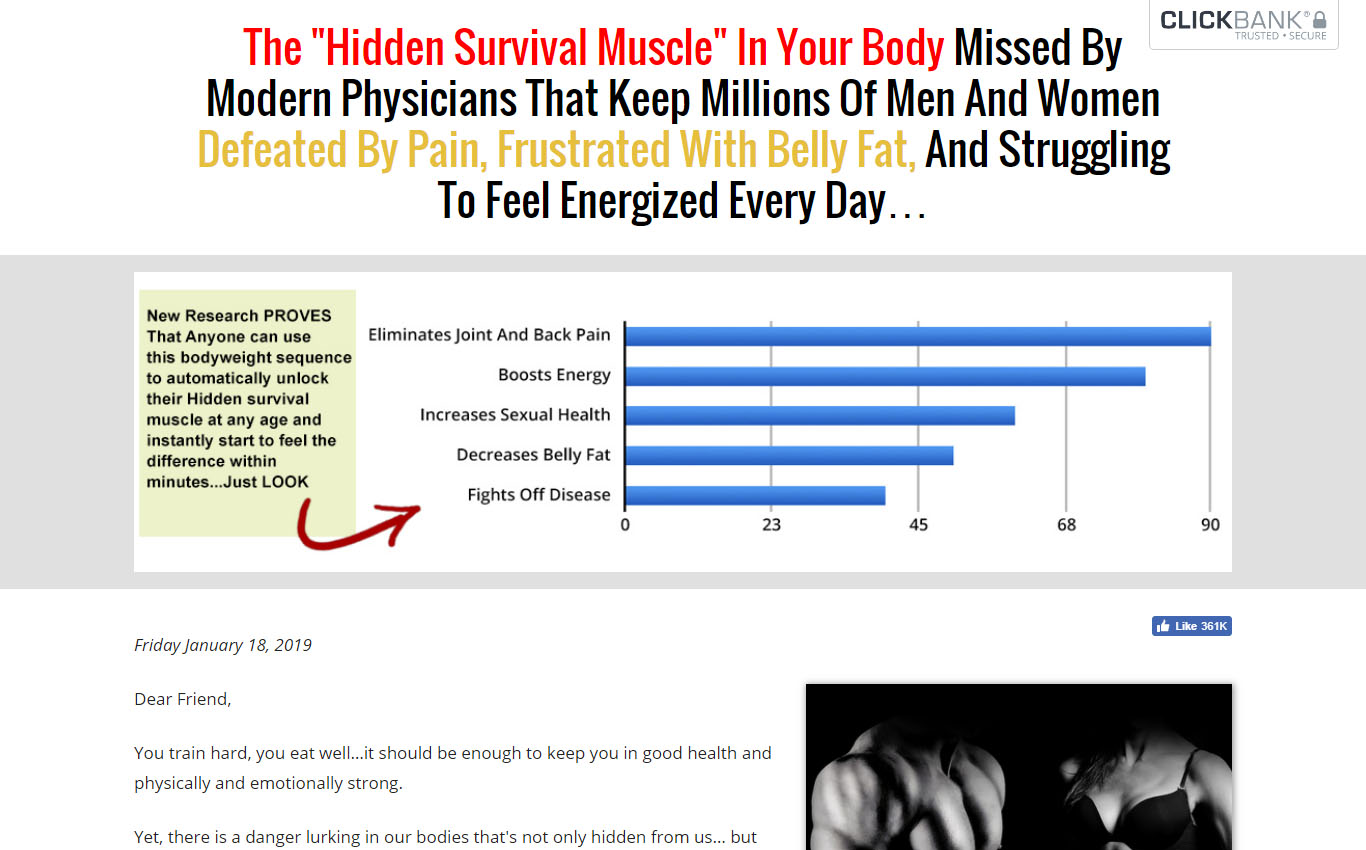As has been highlighted by research presented at the national meeting of the American College of Rheumatology, a very important aspect of the individual evaluation is the patient's own understanding and perception of their particular situation. British researchers found that those who believed that their symptoms had serious consequences on their lives and that they had, or treatments had, little control over their symptoms were more likely to have a poor outcome. This research points out to physicians the importance of addressing the concerns and perceptions that patients have about their condition during the initial evaluations.
Shingles (herpes zoster) is an acute infection of the nerves that supply sensation to the skin, generally at one or several spinal levels and on one side of the body (right or left). Patients with shingles usually have had chickenpox earlier in life. The herpes virus that causes chickenpox is believed to exist in a dormant state within the spinal nerve roots long after the chickenpox resolves. In people with shingles, this virus reactivates to cause infection along the sensory nerve, leading to nerve pain and usually an outbreak of shingles (tiny blisters on the same side of the body and at the same nerve level). The back pain in patients with shingles of the lumbar area can precede the skin rash by days. Successive crops of tiny blisters can appear for several days and clear with crusty inflammation in one to two weeks. Patients occasionally are left with a more chronic nerve pain (postherpetic neuralgia). Treatment can involve symptomatic relief with lotions, such as calamine, or medications, such as acyclovir (Zovirax), for the infection and pregabalin (Lyrica) or lidocaine (Lidoderm) patches for the pain.

The side of the pain on its own doesn’t tell us much, and most of the one-sided sources of pain are viscera that usually cause abdominal pain instead of back pain, or in addition to it. In other words, the only reason to worry about right or left lower back pain is if it is otherwise worrisome: if you have other red flags or significant non-back symptoms.

Nerve block therapies aim to relieve chronic pain by blocking nerve conduction from specific areas of the body. Nerve block approaches range from injections of local anesthetics, botulinum toxin, or steroids into affected soft tissues or joints to more complex nerve root blocks and spinal cord stimulation. When extreme pain is involved, low doses of drugs may be administered by catheter directly into the spinal cord. The success of a nerve block approach depends on the ability of a practitioner to locate and inject precisely the correct nerve. Chronic use of steroid injections may lead to increased functional impairment.
Bleeding in the pelvis is rare without significant trauma and is usually seen in patients who are taking blood-thinning medications, such as warfarin (Coumadin). In these patients, a rapid-onset sciatica pain can be a sign of bleeding in the back of the pelvis and abdomen that is compressing the spinal nerves as they exit to the lower extremities. Infection of the pelvis is infrequent but can be a complication of conditions such as diverticulosis, Crohn's disease, ulcerative colitis, pelvic inflammatory disease with infection of the Fallopian tubes or uterus, and even appendicitis. Pelvic infection is a serious complication of these conditions and is often associated with fever, lowering of blood pressure, and a life-threatening state.
Toggle navigationNewsConditionsConditionsADHDAllergic rhinitisAlzheimer's diseaseAnxietyArthritisAsthmaAutismBowel cancerBreast cancerCancerChesty coughsChickenpoxChlamydiaCholesterolCoeliac diseaseCommon coldConstipationCOPDDepressionDiabetesDiverticulitisEpilepsyFatty liverFibromyalgiaGenital herpesGORD (reflux)GoutHaemorrhoidsHair lossHeart attackHepatitisHiatus herniaHigh blood pressureHIV and AIDSImpotenceMenopauseMigraineNeuropathic painOsteoporosisPainPeptic ulcersPneumoniaProstate cancerScabiesSchizophreniaSciaticaShinglesSinusitisSkin cancerStrokeThyroid gland disordersUrticaria (hives)Vaginal thrushVasectomyVertigoVulval problemsWhooping coughMedicinesMedicinesAugmentinAvilChlorsigDaklinzaDuromineEndepEndoneHarvoniLevlenLyricaMersyndolMetrogylPanadeine FortePanefcortelonePrimolutRestavitSovaldiStemetilViagraZentelFind a MedicineMedicines CentreSymptomsSymptomsBack painChildhood rashesCommon coldDepressionFeverFibromyalgiaHeart attackHeel painHerpesLeg acheLeg crampsSciaticaShinglesStrokeVaginal thrushVertigoMore symptomsLifestyleHealthy LifestyleAddictionsAlcoholCholesterolExerciseHealthy eatingHealthy WeightHeart healthImmunisationSleepSmokingStress Health Centres Nutrition & WeightSports & FitnessTools Medical Dictionary Medical Dictionary
Meanwhile, many non-dangerous problems can cause amazingly severe back pain. A muscle cramp is a good analogy — just think about how painful a Charley horse is! Regardless of what’s actually going on in there, muscle pain is probably the main thing that back pain patients are feeling. The phenomenon of trigger points — tiny muscle cramps, basically11 — could be the entire problem, or a complication that’s more painful and persistent than the original problem. It’s hard to overstate how painful trigger points can be, but they are not dangerous to anything but your comfort.
To avoid hip flexor pain, you should pay more attention to these muscles, Dr. Siegrist explains. When you are seated, your knees are bent and your hip muscles are flexed and often tighten up or become shortened. “Because we spend so much of our time in a seated position with the hip flexed, the hip flexor has the potential to shorten up. Then, when you are in a hurry because you are running to catch a bus or a plane, or you trip and fall, the muscle could become stretched. Here’s this stiff, brittle muscle that all of a sudden gets extended, and you could set yourself up for strain or some hip flexor pain.” Click Here to Learn Unlock Hip Flexors

